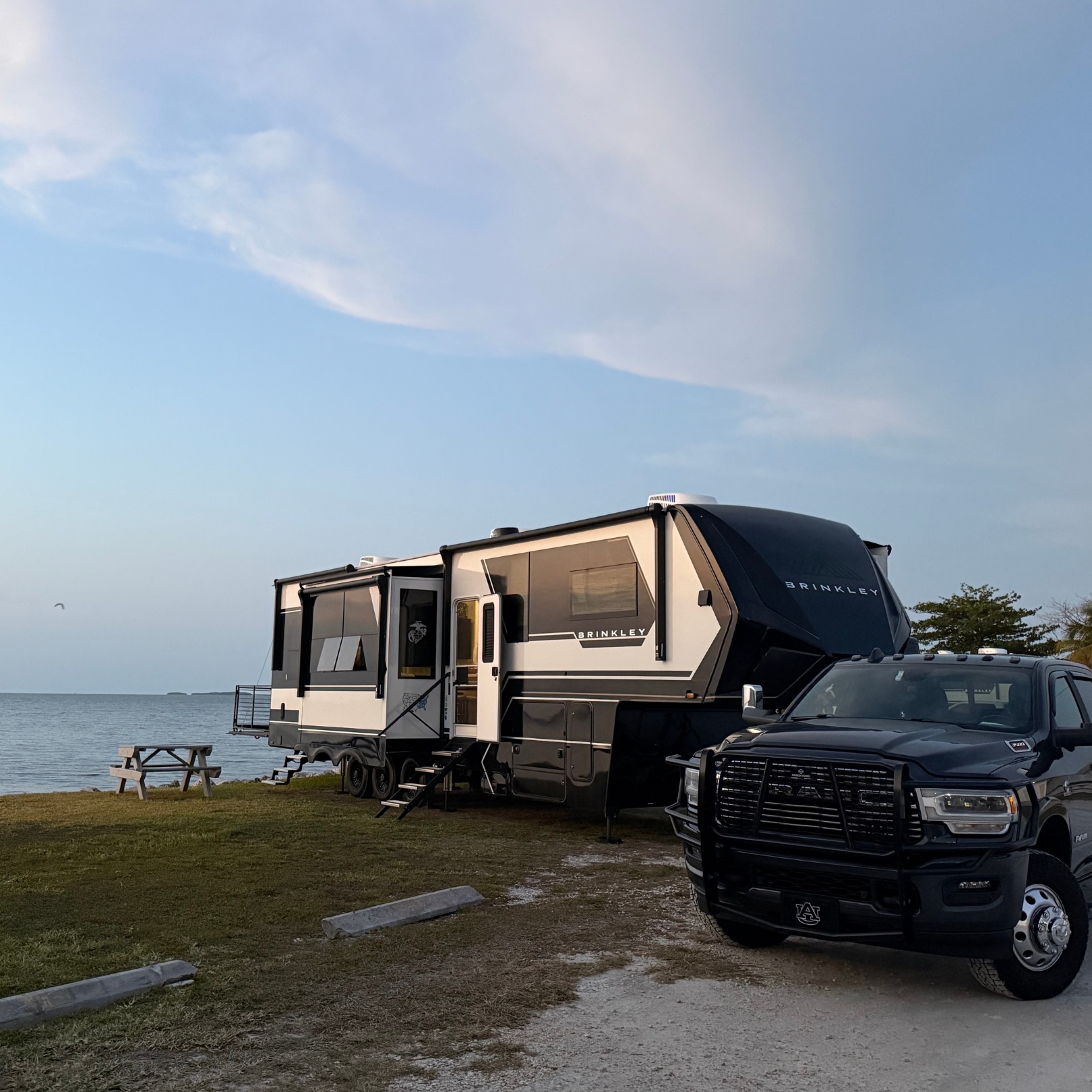Why Consider a Dash Cam?
Dash cams can be a game changer, especially when it comes to documenting incidents on the road. Video footage from a dash cam is an objective witness that can help in several ways:- Prove Fault in Accidents: Video evidence is often more reliable than eyewitness accounts. If you're involved in a collision and it's not your fault, dash cam footage can support your claim and simplify the insurance process.
- Document Non-Accident Incidents: Parking-mode features can capture vandalism, hit-and-runs, or theft, even when you’re not in the vehicle.
- Improve Driving Habits: Knowing you're being recorded can encourage safer driving and foster more mindful habits.
- Prevent Insurance Fraud: Dash cams can deter staged accidents or fraudulent claims, protecting you from being wrongly blamed.
Potential Drawbacks of Dash Cams
Dash cams aren’t without their limitations, and it’s essential to consider whether they’re right for you:- Cost Considerations: Prices vary widely, from $60 for basic models to $500 or more for premium options with advanced features.
- Driver Distraction: Fiddling with a dash cam while driving can be dangerous. Set it up before your trip and avoid interacting with it on the road.
- No Automatic Insurance Discounts: While dash cams can simplify claims, most insurers don’t currently offer discounts for using one.
- Legal Implications: Dash cam footage can be used both for and against you in an accident, depending on who’s at fault.
How to Choose a Dash Cam: What to Look For
When shopping for a dash cam, consider dash cam features that suit your driving habits and specific needs. Here are some essential features to evaluate:- Automatic Start & Recording: Many dash cams power on and start recording as soon as you turn on the car, so you never miss a moment.
- Parking Mode: This feature records even when the car is off, ideal for protecting your vehicle from vandalism or theft.
- Memory Capacity: Dash cams store footage on microSD cards. If you choose a high-resolution camera (like 4K), you’ll need a larger card or opt for models with loop recording.
- Mounting Options: Adhesive mounts provide a stable hold, especially on bumpy roads, while suction cups offer flexibility for moving the camera between vehicles.
- Field of View: A wide-angle lens (140–165 degrees) captures more of the road and surrounding area, giving you comprehensive coverage.
- Night Vision: If you frequently drive at night, consider a model with enhanced night vision to ensure clear footage in low-light conditions.
- GPS & Wi-Fi Connectivity: Built-in GPS tracks speed and location, while Wi-Fi allows easy access to footage on your phone.
- Emergency Alerts: Some dash cams have SOS features that can alert emergency services if you’re unresponsive after a crash.
Which Dash Cam is Right for You?
Here’s a quick look at three options based on different budgets:- Budget-Friendly: The ROVE R2-4K Dash Cam offers 4K video, Wi-Fi connectivity, and night vision—all for under $100.
- Mid-Range: The REDTIGER Dash Cam Front/Rear provides dual-camera recording (4K front, 1080p rear) and performs well in low light, typically priced around $150.
- Premium Option: The Vantrue N4 records front, rear, and interior views. It also features motion detection and impact sensors, making it ideal for comprehensive protection (around $300).

